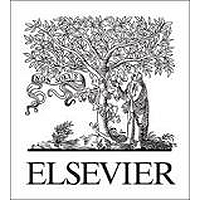This research focusses on low mood as a generic category in everyday social interactions, outside the clinical realm and among non-patients. We examine if and how a clinical depression label and treatment are employed when low mood occurs in everyday life, which enables us to analyze the extent and content of medicalization and brings to the fore the interactional mechanisms and cultural concerns that potentially drive medicalization. The analysis is based on 316 observations of everyday life in the Netherlands. We observed and recorded interactions in which low mood was spontaneously expressed.Our paper shows that the clinical depression label resonates widely even if low mood is not fully medicalized. People de-medicalize low mood, and low mood can be un-medicalized. Our analysis thus suggests that dominance is not achieved, which nuances Horwitz and Wakefield's claim that the clinical category of depression has come to encompass all forms of low mood. Moreover, uncertainties about the meaning of low mood and about the depression label remain pragmatic concerns of everyday life.The cultural norm of happiness and active citizenship are very prominent in everyday life across medicalized and un-medicalized interactions. These norms thus seem to be a necessary but insufficient condition for medicalization. While pragmatic concerns do not seem to trigger medicalization either, one specific type of concern is consistently related to medicalization: relational conflicts.In sum, the cultural construction of low mood is not dominated by a single medical approach; however, it mirrors the diversity and uncertainties within and around the medical field. (C) 2017 Elsevier Ltd. All rights reserved.

Sadness or depression: Making sense of low mood and the medicalization of everyday life
Review badges
0 pre-pub reviews
0 post-pub reviews